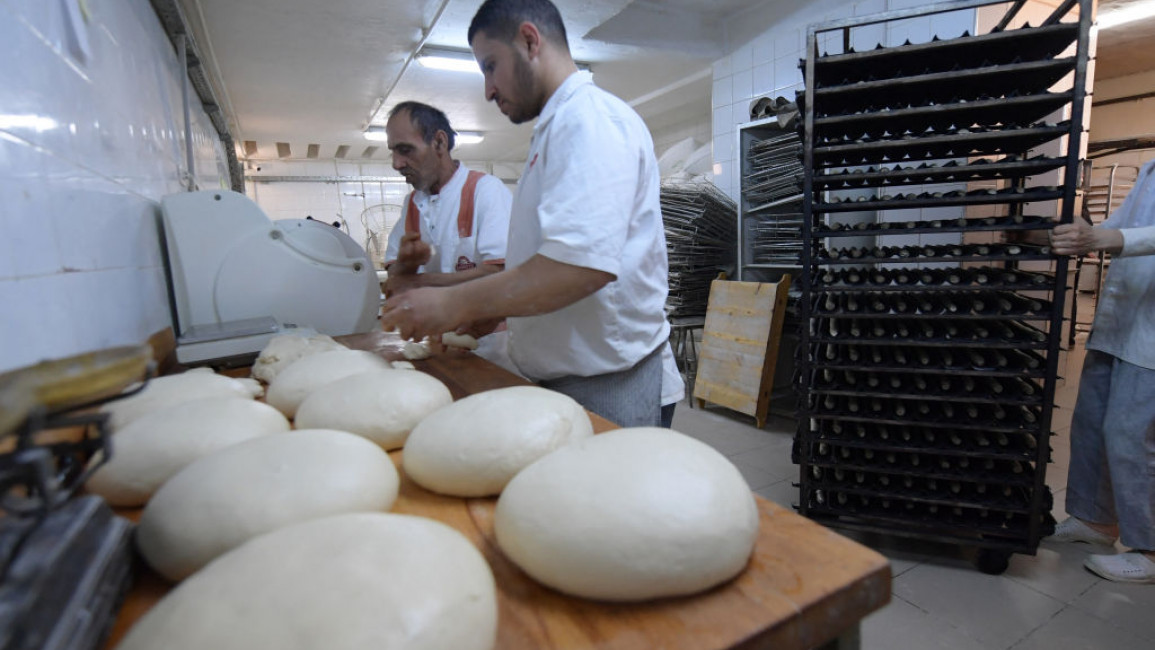World Bank approves $150 million food security loan for Lebanon
The World Bank approved a $150 million soft loan for food security in crisis-hit Lebanon to stabilise bread prices during the coming months, the economy minister said on Monday.
Amin Salam told reporters that the loan has a very low-interest rate but the minister did not make the rate public. He used the term soft loan indicating a below-market rate of interest.
The loan will provide great relief through the stability of bread prices in Lebanon during the country’s historic economic meltdown.
There have been concerns that the government might lift wheat subsidies as foreign currency reserves drop to critical levels at the central bank. Any lifting of subsidies would sharply increase the price of bread, affecting the poor in the Mediterranean nation where more than three-quarters of its 6 million people, including 1 million Syrian refugees, live in poverty.
The small Mediterranean nation is in the grip of a devastating economic crisis that has been described by the World Bank as one of the worst in modern history.
It imports most of its wheat and has faced shortages over the past weeks as the invasion of Ukraine leads to increases in the prices of oil and food products around the world.
Salam said the loan comes at a time “when we cannot take any instability in wheat” inflow, adding that now bread will be available in the coming month.
Salam said last month that the government does not have immediate plans to lift bread subsidies, especially for flour used in making flat Arabic bread, the main staple in Lebanon.
He said that the invasion of Ukraine is forcing Lebanon to find new sources of wheat that are far away and more expensive.


![President Pezeshkian has denounced Israel's attacks on Lebanon [Getty]](/sites/default/files/styles/image_684x385/public/2173482924.jpeg?h=a5f2f23a&itok=q3evVtko)



 Follow the Middle East's top stories in English at The New Arab on Google News
Follow the Middle East's top stories in English at The New Arab on Google News


